Material Versatility in CNC Machining: Adapting to Changing Manufacturing Demands
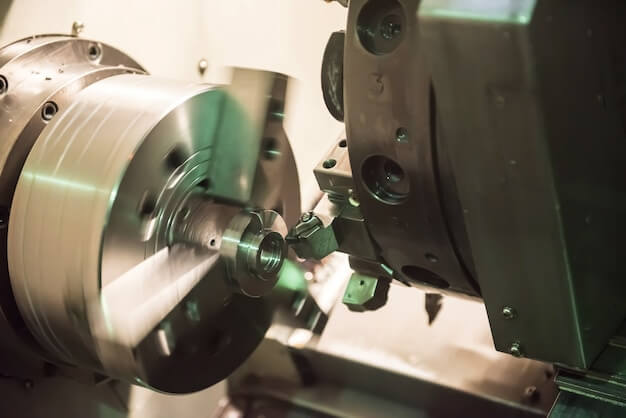
Material Versatility in CNC Machining and the Importance of Adapting to Changing Manufacturing Demands In the dynamic landscape of manufacturing, material versatility in CNC machining stands as a key determinant in meeting varying production requirements. This concept implies that Computer Numerical Control (CNC) machines have the capability to work with an extensive range of materials […]
CNC Machining in the Watchmaking Industry: Stainless Steel vs. Titanium Cases
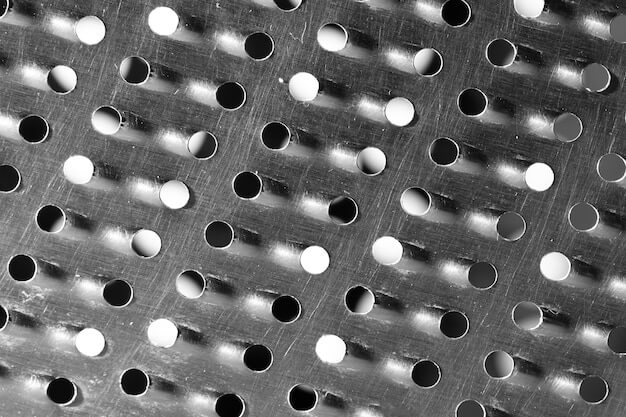
CNC Machining and its Role in the Watchmaking Industry In the world of horology, CNC machining has proven itself to be an invaluable tool. This modern method allows custom parts to be generated with extraordinary precision – a key requirement in the construction of high-quality timepieces. Within this manufacturing process, materials play a crucial role […]
Enhancing Durability and Performance: The Benefits of Heat Treatments for CNC Machined Parts

Introduction to CNC Machined Parts and their Durability and Performance CNC machined parts are fundamental components in a variety of industries, ranging from aerospace to automotive due to their high precision manufacturing capability. Produced by Computer Numerical Control (CNC) machines that operate via programmed commands without manual intervention, these parts boast unparalleled accurate dimensions, consistency, […]
Emerging Trends in CNC Machining Materials: The Shift Towards Sustainability
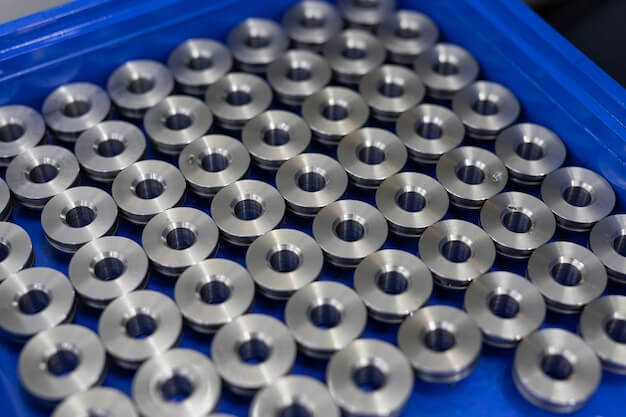
Introduction to CNC Machining CNC (Computer Numerical Control) machining stands as a cornerstone in modern manufacturing, enabling the precise and automated production of complex parts. Contrary to the common misconception, CNC machining is not limited to metal parts but extends to materials like plastics, composites, and even wood. This versatility underscores its importance across various […]
Powder Metallurgy Materials: Stainless Steel vs. Cobalt Chrome

Powder Metallurgy Materials: Stainless Steel vs. Cobalt Chrome Powder metallurgy, a manufacturing process that combines fine powdered materials and heat-treatment to create solid metal parts, is renowned for its efficient utilization of raw materials while minimizing waste. This precision engineering technique serves a broad range of industries due to its ability to shape various types […]
Stainless Steel vs. Aluminum in CNC Machining: Pros and Cons
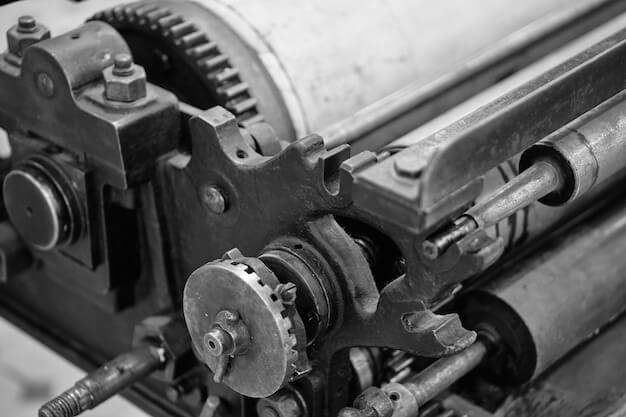
CNC Machining: The Role of Stainless Steel and Aluminum Computer Numerical Control (CNC) machining is a groundbreaking method in manufacturing that involves precise computer commands to manipulate and control tools such as lathes, mills, and grinders. In the realm of CNC machining, selecting the appropriate materials is pivotal for achieving desired results. From intricate designs […]
CNC Machining for Energy Sector: Inconel vs. Titanium Alloys Performance Comparison
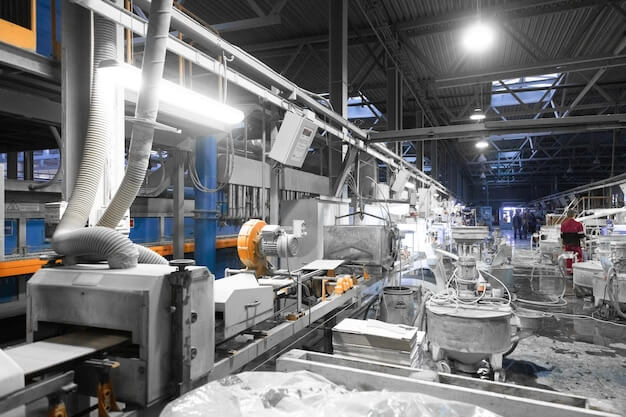
CNC Machining in Energy Sector: Inconel vs. Titanium Alloys The advent of CNC (Computer Numerically Controlled) machining has revolutionized the manufacturing industry, particularly within the energy sector. Known for its precision and ability to replicate components with accuracy, this mechanized process is pivotal in creating parts that are capable of withstanding extreme conditions often experienced […]
The Influence of Material Microstructure on the Quality of CNC Machined Surfaces
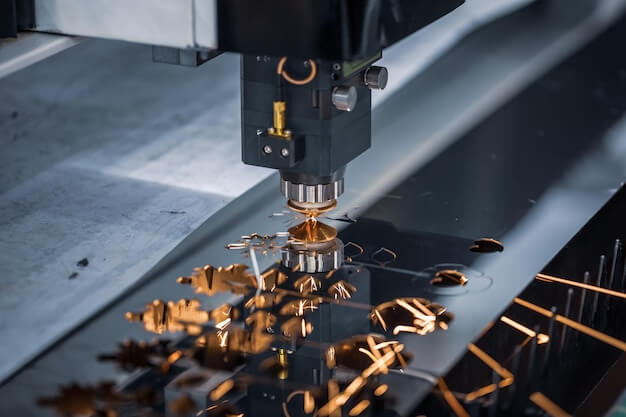
Introduction: Understanding Material Microstructure The material microstructure’s influence on the quality of surfaces machine-finished by CNC forms a pivotal aspect within precision engineering studies. A material’s microstructure—comprising grains, phases, and precipitates—determines its mechanical properties that consequently impact CNC machining outcomes. Essentially, each material has a unique microscopic arrangement or structure that dictates how it interacts […]
Metal 3D Printing Showdown: Titanium vs. Stainless Steel
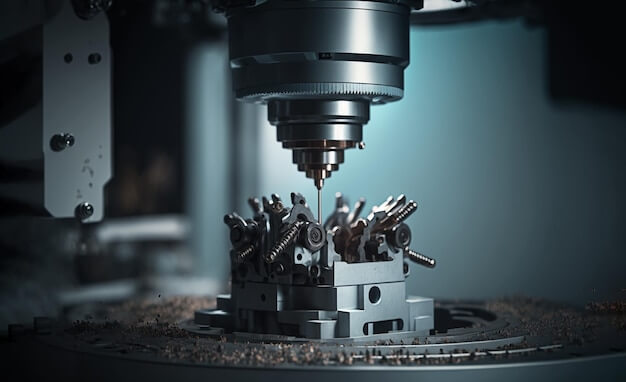
Metal 3D Printing: An Introduction to Titanium and Stainless Steel 3D printing, otherwise known as additive manufacturing, refers to a process that creates three-dimensional objects from digital models. It’s used across various industries including automotive, aerospace, medical devices, and consumer goods for making prototypes, enhancing production efficiency, or fabricating complex structures. In the realm of […]
CNC Machining for Custom Tooling: Tool Steel vs. Carbide Materials
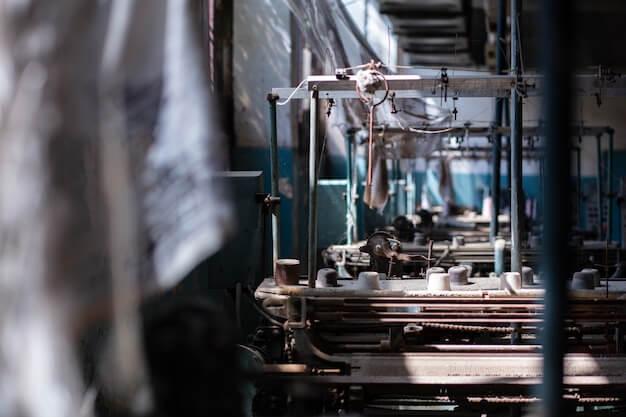
CNC Machining: A Vital Component in Custom Tooling Computer Numerical Control (CNC) machining is a subtractive manufacturing technology that employs computers to control machine tools. This includes lathes, mills, routers, and grinders, which are automated using precisely programmed commands. The significance of CNC machining in custom tooling cannot be overstated as it serves diverse sectors […]
The Advantages of Titanium Alloys in Aerospace Manufacturing
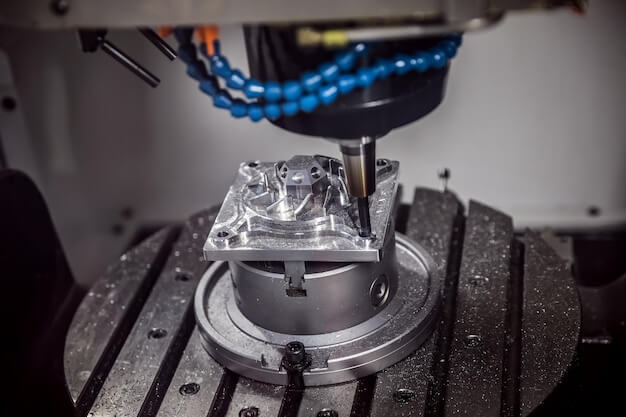
Aerospace Manufacturing and Materials In aerospace manufacturing, the key focus is on the fabrication of mechanical components designed for functions such as powered flight or navigation beyond Earth’s atmosphere. This high-tech sector plays a pivotal role in modern transportation and defense systems. In this context, materials used bear paramount significance influencing multiple aspects like weight, […]
Comparative Analysis: The Use of Ceramics vs. Hard Metals in Precision CNC Machining
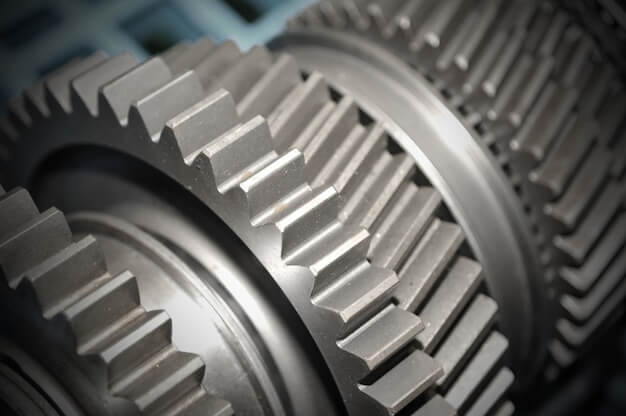
Introduction: Understanding CNC Machining and the Importance of Material Selection CNC machining, an acronym for Computer Numerical Control, is a manufacturing process where pre-programmed computer software dictates the movement of factory tools and machinery. This technique is predominantly used in the metalworking industry, allowing control over complex cutting tasks with precision and repeatability at high […]

